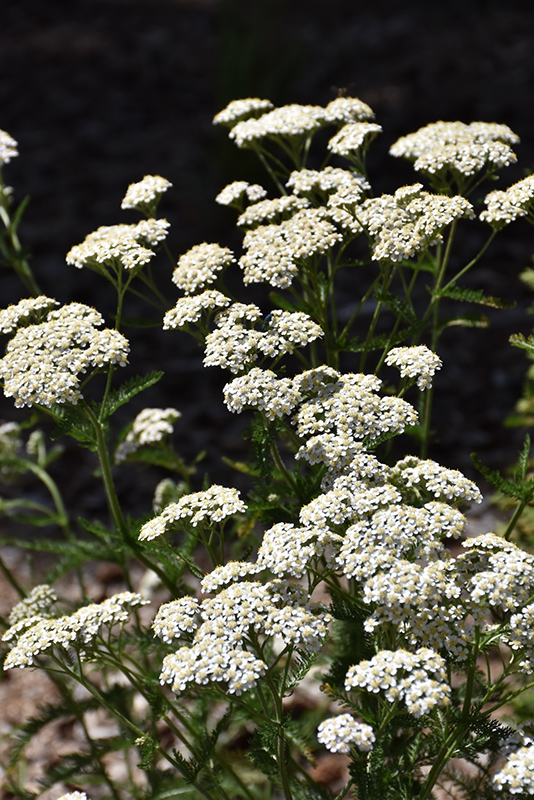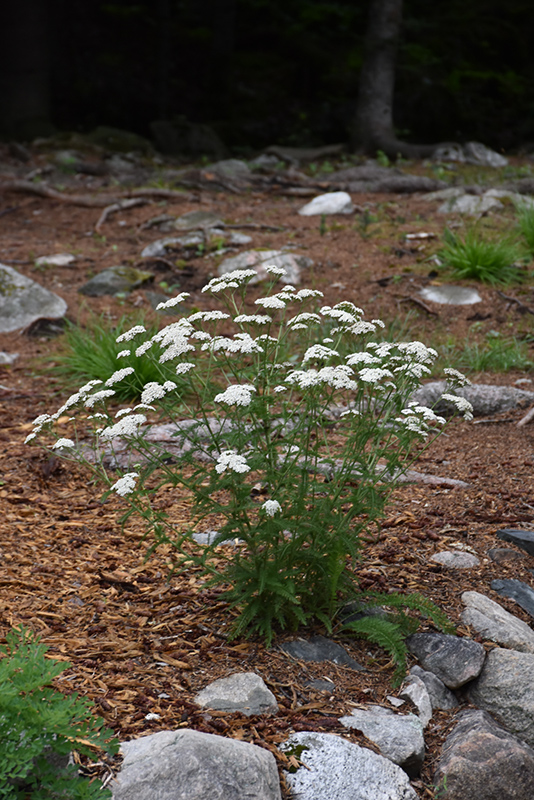Height: 3 feet
Spread: 3 feet
Sunlight:
![]()
Hardiness Zone: 3
Description:
A hardy perennial producing white flowers throughout the summer; excellent for naturalized areas and adaptable to sunny, dry sites Several colors of yarrow are carried throughout the season.
Ornamental Features
Common Yarrow is covered in stunning white flat-top flowers at the ends of the stems from early to late summer. The flowers are excellent for cutting. Its attractive tomentose ferny leaves remain grayish green in color throughout the season.
Landscape Attributes
Common Yarrow is an herbaceous perennial with a ground-hugging habit of growth. Its relatively fine texture sets it apart from other garden plants with less refined foliage.
This plant will require occasional maintenance and upkeep, and should be cut back in late fall in preparation for winter. It is a good choice for attracting bees, butterflies and hummingbirds to your yard, but is not particularly attractive to deer who tend to leave it alone in favor of tastier treats. Gardeners should be aware of the following characteristic(s) that may warrant special consideration;
- Spreading
- Self-Seeding
Common Yarrow is recommended for the following landscape applications;
- Mass Planting
- Border Edging
- General Garden Use
- Groundcover
- Naturalizing And Woodland Gardens
- Container Planting
Planting & Growing
Common Yarrow will grow to be about 3 feet tall at maturity, with a spread of 3 feet. It grows at a fast rate, and under ideal conditions can be expected to live for approximately 10 years. As an herbaceous perennial, this plant will usually die back to the crown each winter, and will regrow from the base each spring. Be careful not to disturb the crown in late winter when it may not be readily seen!
This plant should only be grown in full sunlight. It prefers to grow in average to dry locations, and dislikes excessive moisture. It may require supplemental watering during periods of drought or extended heat. It is not particular as to soil type or pH. It is highly tolerant of urban pollution and will even thrive in inner city environments. Consider applying a thick mulch around the root zone in both summer and winter to conserve soil moisture and protect it in exposed locations or colder microclimates. This species is native to parts of North America. It can be propagated by division.
Common Yarrow is a fine choice for the garden, but it is also a good selection for planting in outdoor pots and containers. Because of its spreading habit of growth, it is ideally suited for use as a 'spiller' in the 'spiller-thriller-filler' container combination; plant it near the edges where it can spill gracefully over the pot. It is even sizeable enough that it can be grown alone in a suitable container. Note that when growing plants in outdoor containers and baskets, they may require more frequent waterings than they would in the yard or garden.


